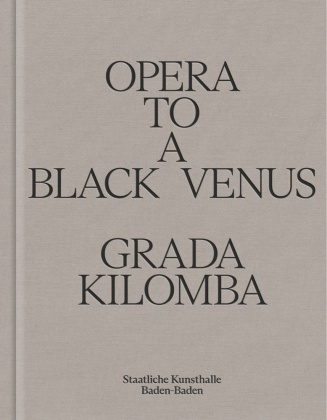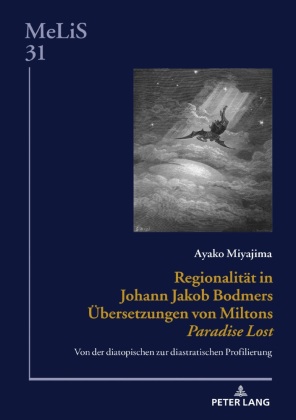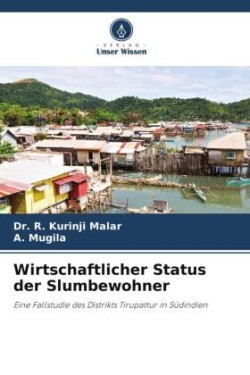"Was würde uns der Grund des Ozeans morgen sagen, wenn er heute leer wäre?"
Grada Kilomba (geb. 1968 in Lissabon, lebt und arbeitet in Berlin) ist Künstlerin, Autorin und Denkerin. Ihre facettenreiche Praxis des Geschichtenerzählens, die Konzepte von Gewalt und Wiederholung hinterfragt, wird als "neuer postkolonialer Minimalismus" beschrieben. Mittels Performance, Choreografie, Video, großformatigen skulpturalen und akustischen Installationen verwischt sie Form, Bild und Bewegung und damit die Grenzen zwischen den ihr vertrauten Disziplinen.
Opera to a Black Venus verweist auf die Schwarze Geschichte der Resilienz und des Widerstands und widmet sich der Verstrickung von ökologischem Kollaps und kolonialer Ungerechtigkeit. Im Zentrum der ausstellungsbegleitenden Publikation stehen die neuen Auftragsarbeiten Opera to a Black Venus (2024), eine großformatige Videoinstallation, und Labyrinth (2024), eine ortsspezifische Rauminstallation. Die Autor*innen Denise Ferreira da Silva, University of British Columbia, Vancouver; Tamsin Hong, Serpentine Gallery, London; und Ashish Ghadiali, Radical Ecology & Black Atlantic, London sowie Çagla Ilk und Misal Adnan Yildiz ordnen das Werk von Kilomba entlang ihrer subversiven Geschichten über Erinnerung und Widerstandsfähigkeit ein.
"What would the bottom of the ocean tell us tomorrow, if emptied of water today?"
Artist, author and thinker Grada Kilomba (b. Lisbon, 1968; lives and works in Berlin) mastered a unique practice of storytelling. Her work is often described as "a new postcolonial minimalism". Using performance, choreography, video, large scale sculptural and sonic installations Kilomba blurs form, image and movement and therefore the boundaries between the disciplines she is familiar with.
Opera to a Black Venus makes reference to the Black history of resilience and resistance, and is dedicated to the entanglement between ecological collapse and colonial injustice. The new commissioned works Opera to a Black Venus (2024), a large-scale video installation, and Labyrinth (2024), a site-specific spatial installation, are at the center of the publication accompanying the exhibition. The authors Denise Ferreira da Silva, University of British Columbia, Vancouver; Tamsin Hong, Serpentine Gallery, London; and Ashish Ghadiali, Radical Ecology & Black Atlantic, London, as well as Çagla Ilk and Misal Adnan Yildiz categorize Kilomba's work along her subversive stories of memory and resilience.



























